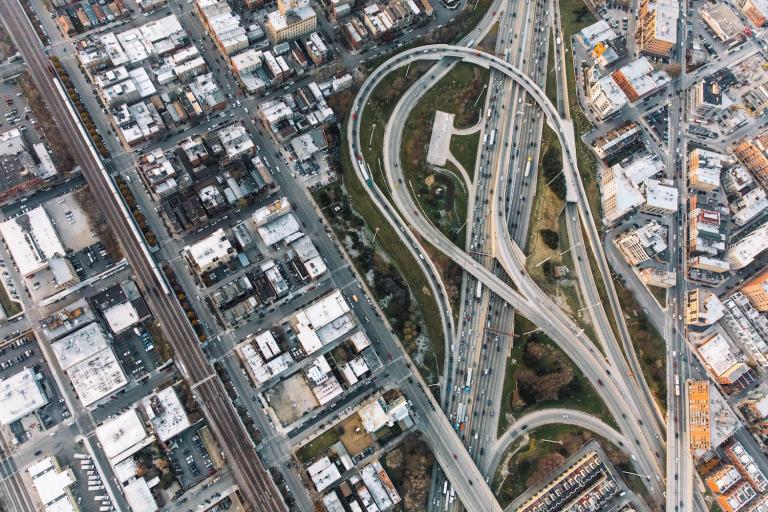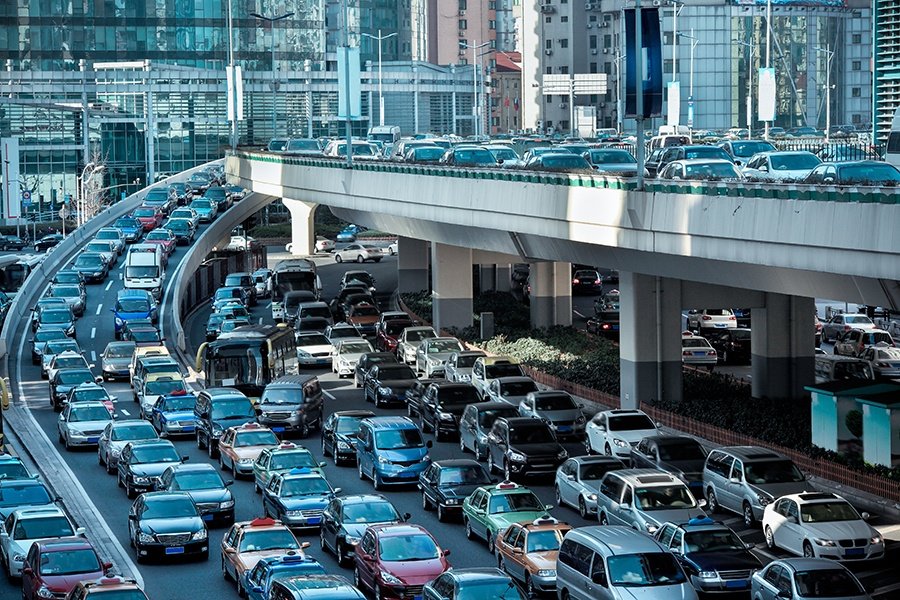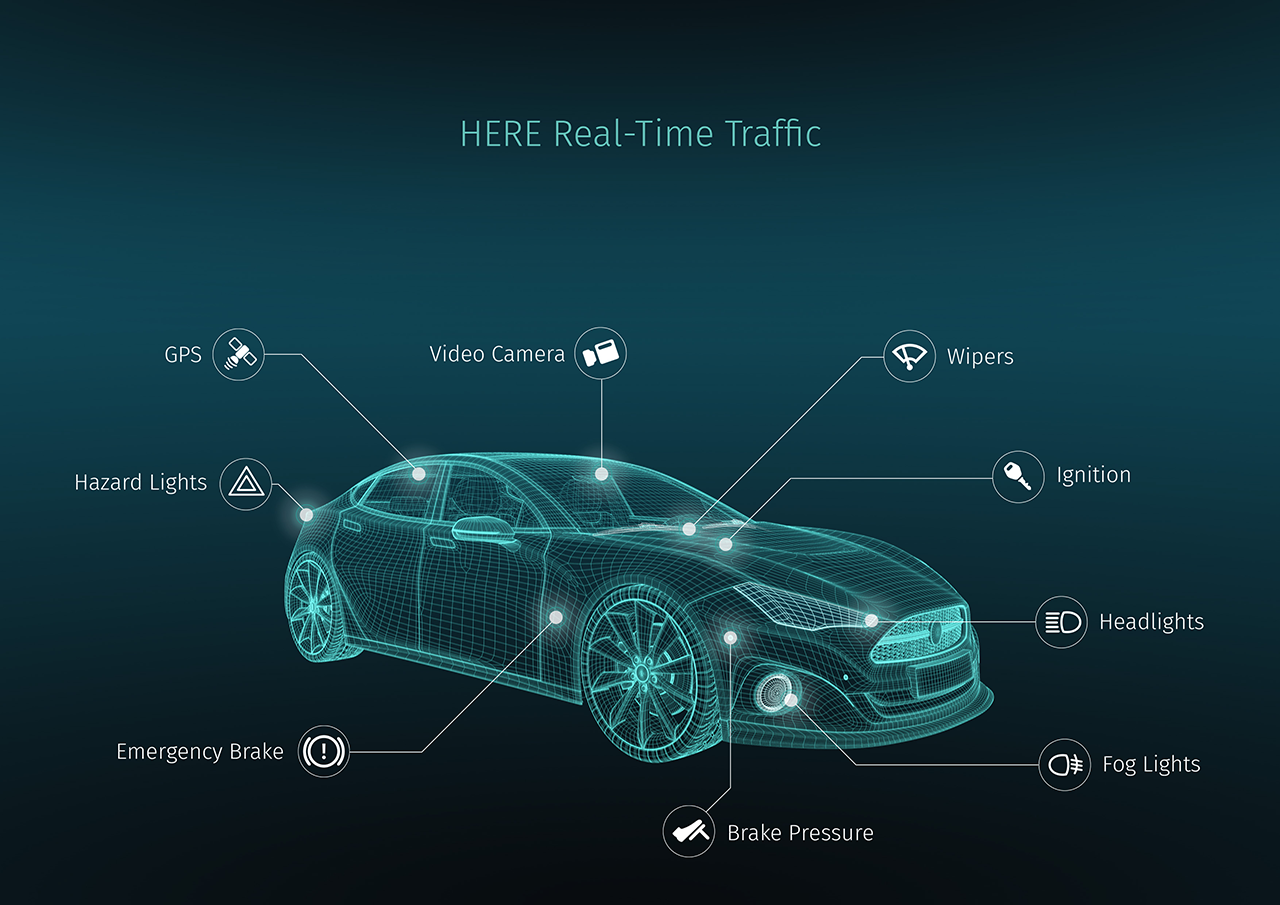How traffic data can reduce air pollution

Pollution caused by traffic is the scourge of modern cities. According to a report, outdoor air pollution could cause 6 to 9 million premature deaths a year by 2060. While there are a number of factors linked to this, a major contributor of pollution is traffic, caused by the ever-increasing number of vehicles on the roads.
The fight against air pollution is not a new one. For years, governments around the world have sought to reduce air pollution due to the harmful toxins contributing to millions of deaths per year. In-fact, any policy which is deemed to take the issue lightly is likely to be publicly torn apart -- as the UK's 'woefully inadequate' plan recently found.
It is vital, then, for governments to find plausible, effective means of addressing the issues of air pollution. This, however, is easier said than done.
Clear the air
Targets for the moderation of air pollution have been set by the European Union Ambient Air Quality Directive, which establishes maximum permissible levels for roadside concentrations of pollutants, which are directly affected by city vehicle congestion.

The need for this moderation is pronounced, with the number of automobiles on our roads only increasing, with a significant percentage of them releasing harmful pollution. Given that last year, there were 2.6m cars registered in London alone, it's easy to see how traffic congestion, and pollution, are on the rise.
The effects, too, are equally unambiguous. Outdoor air pollution is contributing to about 40,000 early deaths a year in the UK, according to the Royal Colleges of Physicians and of Paediatrics and Child Health. While other, London-based research has found that nearly 9,500 people die prematurely each year in the City, with nitrogen dioxide (NO2) one of the key pollutants -- an emission largely created by diesel vehicles.
With lives on the line, managing congestion is a matter of urgency for traffic authorities, city managers and planners. An effective way of doing this is to closely examine the roads, and identify where traffic congestion is most likely to occur and then establish a plan to address it, whether it's through changing the road infrastructure or putting in place other methods of alleviating congestion.
In order to gain this level of insight into traffic patterns and put these actions into practice, traffic data and analytics must be used. Through access to historical and current traffic data, public transportation authorities can gain greater awareness of each traffic situation and reduce congestion, and pollution, in their regions. And this is where HERE comes in.
Keeping tabs on traffic
HERE Real-Time Traffic and Traffic Analytics can help governments determine more cost-effective and targeted solutions to problems related to congestion, and are already helping hundreds of authorities across the world understand and mitigate vehicle and freight congestion.

With access to HERE's real-time, predictive, and historic traffic flow and incidents, including features such as reversible lanes, split-lane traffic, and traffic safety alerts, city operations groups can gain unparalleled insight into how traffic is behaving, where the problems are and how to fix them.
HERE is offering hundreds of city, state, and national governments across the world insight into traffic flows and incident feeds that are updated every second, with traffic-impacting incidents such as accidents, closures, and planned construction, also taken into account.
To address an issue that is seriously affecting both our cities and our health, it is imperative that governments use every tool at their disposal. In data, they have an invaluable weapon in the fight against air pollution.
We're keen to start a conversation with any organisations that could use these sorts of solutions to help with air pollution. Feel free to get in touch with us for a demonstration or a chat.
Have your say
Sign up for our newsletter
Why sign up:
- Latest offers and discounts
- Tailored content delivered weekly
- Exclusive events
- One click to unsubscribe